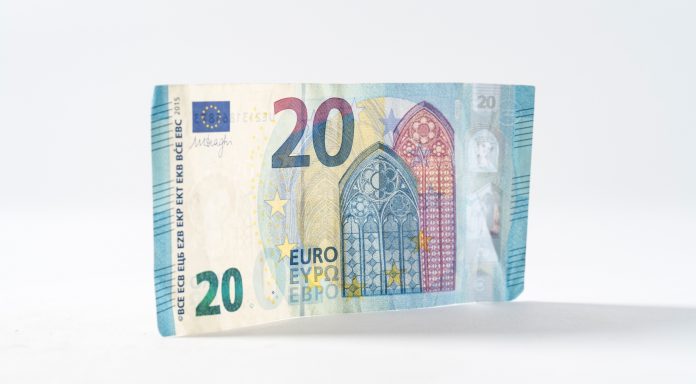After another volatile session on Thursday the pound closed the session almost flat versus the euro. The pound euro traded a range of 50 points before finishing at €1.1235.
| What do these figures mean? |
|---|
| When measuring the value of a pair of currencies, one set equals 1 unit and the other shows the current equivalent. As the market moves, the amount will vary from minute to minute.h If the euro amount increases in this pairing, it’s positive for the pound. Or, if you were looking at it the other way around:1 EUR = 0.87271 GBP In this example, €1 is equivalent to approximately £0.87. This measures the euro’s worth versus the British pound. If the sterling number gets larger, it’s good news for the euro. |
The pound was once again moving with Brexit headlines. Early reports in the previous session suggested that ministers were trying to postpone next Tuesday’s vote in Parliament. Reports suggest that the Conservative Ministers are so fearful of a catastrophic defeat, that they consider it preferential for the vote to be pushed back. This would then allow Prime Minister Theresa May more time to return to Brussels to try to negotiate a better deal. She has been advised by party whips that opposition to her Brexit deal was solid.
Whilst Theresa May was insistent that she should plough ahead with the vote, measures have been reportedly put in place to allow Theresa May to avoid a crushing defeat at the very last minute. Still even if Theresa May is defeated, investors are more relaxed that this won’t necessarily mean a no deal Brexit. Instead there are several options which will be on the table.
If Theresa May loses by a small majority then she could go back to Brussels to see if she can tweak a few points before Parliament votes on it again. If she is defeated by a large majority, options include: a general election not a favourite outcome for the pound, second referendum which is more pound positive or a delay of Article 50, prolonging uncertainty.
| Why is a “soft” Brexit better for sterling than a “hard” Brexit? |
|---|
| A soft Brexit implies anything less than UK’s complete withdrawal from the EU. For example, it could mean the UK retains some form of membership to the European Union single market in exchange for some free movement of people, i.e. immigration. This is considered more positive than a “hard” Brexit, which is a full severance from the EU. The reason “soft” is considered more pound-friendly is because the economic impact would be lower. If there is less negative impact on the economy, foreign investors will continue to invest in the UK. As investment requires local currency, this increased demand for the pound then boosts its value. |
Will Eurozone GDP Data Weigh On Euro?
The euro was in favour in the previous session but remains volatile. German factory orders were stronger than what analysts had been predicting, although still registered a decline from September. October orders came in at -2.7%, down from -2.6% but still better than the forecast -3.1%. This offered some support to the euro.
Euro traders will now look towards eurozone GDP data to assess the health of the region’s economy. Analysts are forecasting that the eurozone economy grew by 1.7% year on year or 0.2% month on month. Any weakness will fan fears of slowing growth momentum and weigh on the euro.
| Why does poor economic data drag on a country’s currency? |
|---|
| Slowing economic indicators point to a slowing economy. Weak economies have weaker currencies because institutions look to reduce investments in countries where growth prospects are low and then transfer money to countries with higher growth prospects. These institutions sell out of their investment and the local currency, thus increasing supply of the currency and pushing down the money’s worth. So, when a country or region has poor economic news, the value of the currency tends to fall. |
This publication is provided for general information purposes only and is not intended to cover every aspect of the topics with which it deals. It is not intended to amount to advice on which you should rely. You must obtain professional or specialist advice before taking, or refraining from, any action on the basis of the content in this publication. The information in this publication does not constitute legal, tax or other professional advice from TransferWise Inc., Currency Live or its affiliates. Prior results do not guarantee a similar outcome. We make no representations, warranties or guarantees, whether express or implied, that the content in the publication is accurate, complete or up to date. Consult our risk warning page for more details.
This article was initially published on TransferWise.com from the same author. The content at Currency Live is the sole opinion of the authors and in no way reflects the views of TransferWise Inc.





